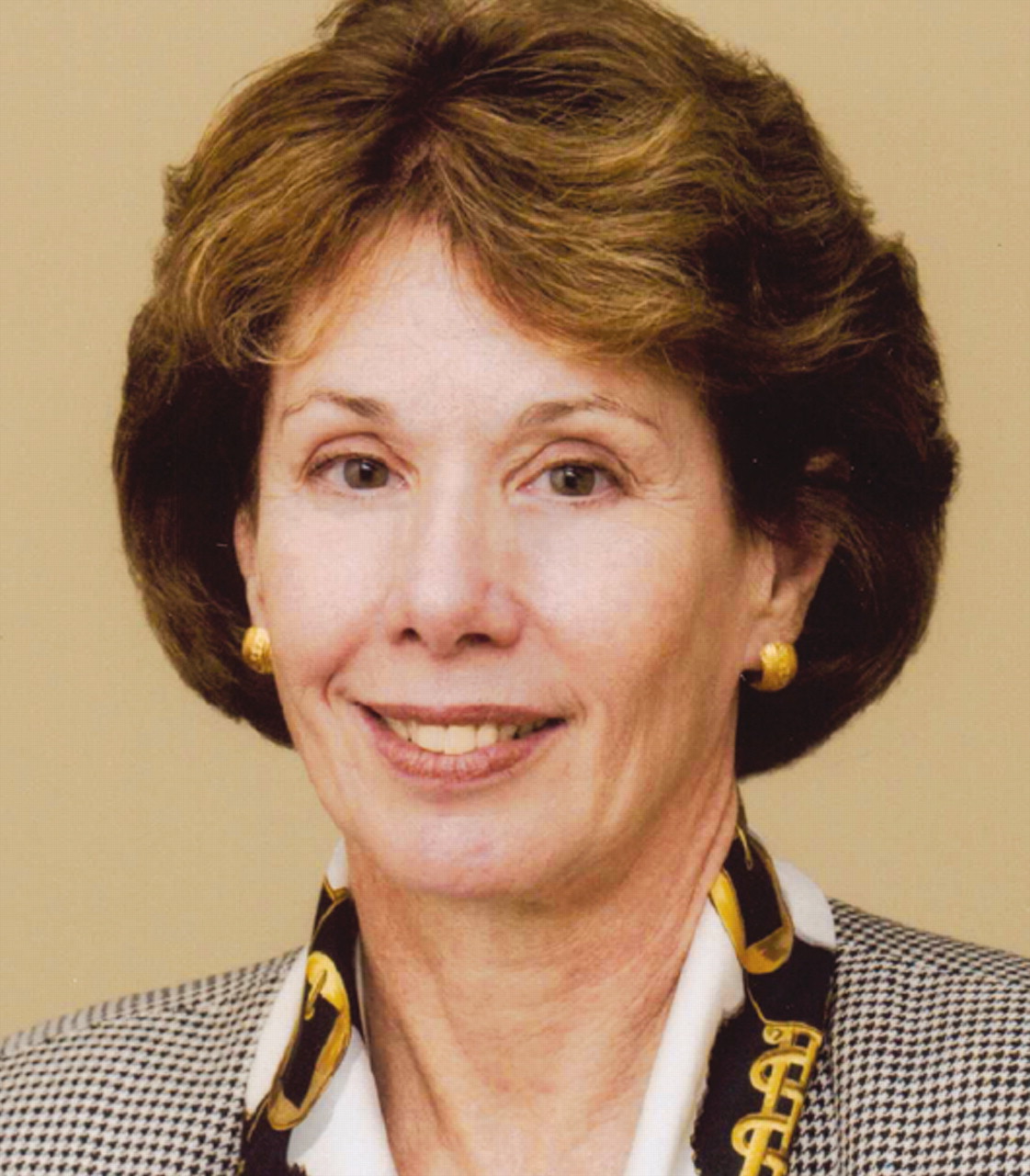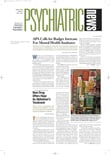An APA fellow is dedicating the next year to promoting equity for women in medicine as president of the American Medical Women’s Association (AMWA).
Lynn Epstein, M.D., clinical professor emerita of psychiatry and community health at Brown University in Providence, R.I., became president of AMWA in late January. Epstein is most recently professor and dean of health sciences at the Massachusetts College of Pharmacy and Health Sciences, which is located in Boston and Worcester, Mass.
AMWA, founded in 1915, is an organization of 10,000 women physicians and medical students working to advance the place of women in medicine and improve women’s health.
Epstein told Psychiatric News, “If there is a theme to what I wish to accomplish as president, it is one of collaboration.”
Whether it is collaboration between men and women physicians or between AMWA and different medical specialty organizations such as APA, Epstein said, each of the collaborators benefits, as well as the patients they serve.
Epstein earned her M.D. at Johns Hopkins University School of Medicine in Baltimore and completed her psychiatry training there as well. “In medical school,” Epstein said, “I had a chance to put my passion for people into a scientific perspective—I would say I was a psychiatrist long before I became one professionally.”
Epstein said that while in residency training at Johns Hopkins in the early 1970s, barely 10 percent of her colleagues were women. “It was a totally different environment” than that of today’s psychiatry residency training programs, where women represent almost half of all residents, she said.
Today, of the nation’s 813,770 physicians, 195,537 are women, according to the AMA’s 2002-2003 edition of Physician Characteristics and Distribution in the U.S.
Focusing on women’s issues at the time was, Epstein said, “a luxury one could ill afford” and that the way to advance the role of women in medicine was for residents like her to “do an excellent job and show their commitment” to a career in medicine.
She went on to become an assistant professor at the Johns Hopkins University Counseling and Psychiatric Service until the mid-1980s, when she assumed a position as consultant to the dean of medicine at Brown University, and later, associate dean of medicine both for student development and women’s affairs.
While consultant to the dean of medicine, Epstein recalled, women faculty brought their concerns to her about “equity on the job.”
For instance, Epstein heard complaints from full-time women medical faculty who were asked to go part time because they were pregnant. “I didn’t feel like I could just listen,” Epstein said. “If I listened, I needed to take some responsibility.”
Epstein helped to establish the Office of Women in Medicine at Brown University in 1991. “I rallied staff support for activities in which women medical faculty participated,” she said. Some of the activities were mentoring, leadership training, and faculty development training, for instance.
She has also been actively involved with the Association of Women Psychiatrists since 1989 and served as president of the association from 1995 to 1997. There, Epstein worked with other AWP leaders to establish the association’s Leah Dickstein Award, which is presented to a woman medical student annually.
As president of AMWA, Epstein said, she will focus her energies on aiding the organization with its central missions—educating the public about women’s health issues, advocating for quality health care for women patients, and creating support for women leadership in the field of medicine.
Equity for women patients, Epstein said, means “having symptoms and illnesses taken seriously by health care professionals and having access to evidence-based data and state-of-the-art treatment for illnesses that affect women.”
There is still much work to be done in the area of women’s issues, Epstein emphasized. “We have made a great deal of progress, but we have not yet achieved our goals—there is not yet equity for women in medicine.”
Many people may be lulled into a false sense of complacency, Epstein said, by believing that just because women are represented in medicine in greater numbers that they have the same opportunities men physicians do. “They don’t,” she said.
In addition, Epstein said, some women physicians are still dealing with harassment on the job, and the involvement of the entire community is necessary to end such behaviors. “When we have a community of men and women of good conscience,” she said, “those behaviors will no longer be tolerated.”
More information about AMWA is posted on the organization’s Web site at www.amwa-doc.org/. ▪

